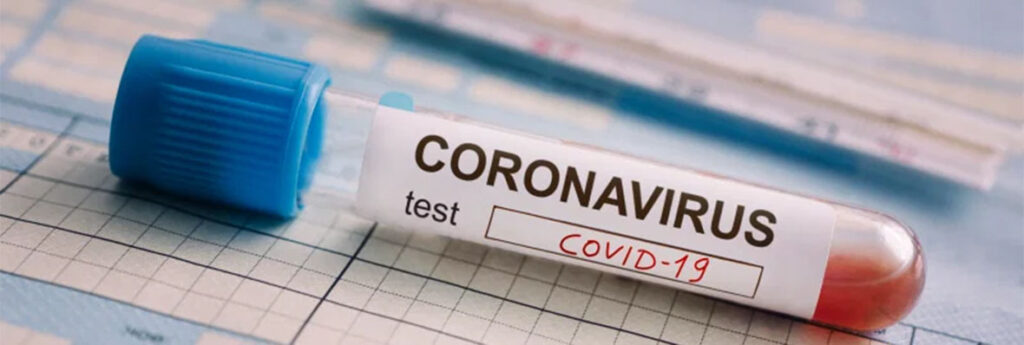A passenger on an 18-hour flight from Dubai to New Zealand infected at least four travellers with coronavirus despite testing negative for the virus before boarding. There were a total of seven cases linked to the flight, with at least four connected by DNA analysis to the passenger in question.
It was added that of the seven infected people, five had tested negative 48 hours before the flight. They were all seated within four rows of each other.
The passenger from Switzerland, was contagious but pre-symptomatic while onboard the Boeing 777, the Washington Post reported. He had tested negative for Covid-19 through a PCR test 48 hours before boarding the flight from Dubai in September.
All passengers were monitored and retested during their 14-day quarantine on arrival in New Zealand.
The nation, which has reported 2,019 cases of Covid-19 since the start of the pandemic, is currently closed to almost all arrivals.
Only citizens and residents returning to New Zealand are permitted to travel into the country, alongside partners, dependent children and essential health workers.
David Freedman, an infectious-disease specialist at the University of Alabama at Birmingham, has warned the study shows how difficult it is to keep infected people from boarding a flight.
“The original case most likely became infectious after he took the preflight test, but in fact was not symptomatic until 71 hours after the flight.” He said.
Freedman also suggested those onboard may have found it difficult to keep their masks on constantly throughout the 18-hour flight.
Airlines and aircraft manufacturers are anxious to restart international travel, even as a second wave of infections and restrictions take hold in many countries.
The presentation in October listed in-flight infections reported in scientific studies or by IATA airlines – and compared the tally with total passenger journeys this year.
IATA medical adviser Dr David Powell said in a news release, “With only 44 identified potential cases of flight-related transmission among 1.2 billion travellers, that’s one case for every 27 million.”
IATA said its findings “align with the low numbers reported in a recently published peer-reviewed study by Freedman and Wilder-Smith.”
But Freedman, who co-authored the paper in the Journal of Travel Medicine with Dr Annelies Wilder-Smith of the London School of Hygiene and Tropical Medicine, said he took issue with IATA’s risk calculation because the reported count bore no direct relation to the unknown real number of infections.
“It was bad math. 1.2 billion passengers during 2020 is not a fair denominator because hardly anybody was tested. How do you know how many people really got infected?” he said. “The absence of evidence is not evidence of absence.”
IATA believes its calculation remains a “relevant and credible” sign of low risk, a spokesman said in response to requests for comment from the industry body.
“We’ve not claimed it’s a definitive and absolute number.”

